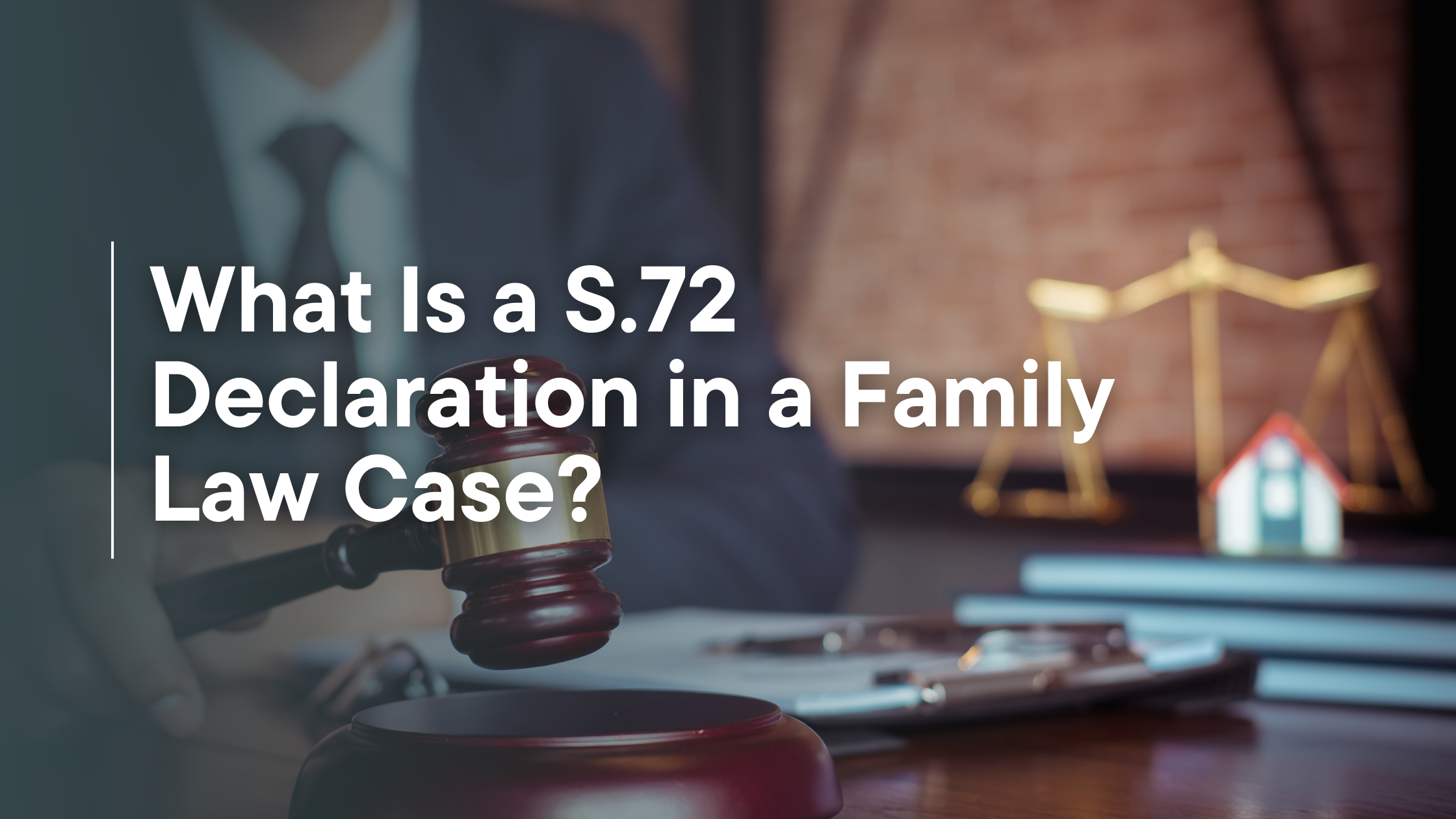Facing a legal challenge can feel overwhelming, especially when it involves a dispute that might need to be resolved through the courts. Whether you’re an individual or a business, having the right legal representation can make all the difference. If you find yourself navigating such a situation, you may wonder: what exactly does a civil litigation attorney do, and how can they help?
In this post, we’ll break down the role of a civil litigation attorney and explain how their expertise can guide you through the legal process with confidence.
What Is Civil Litigation?

Civil litigation refers to the process of resolving disputes between parties—whether individuals or organizations—through legal means. Unlike criminal law, which involves actions considered offenses against the state or society, civil litigation deals with private disputes, often revolving around issues like:
- Personal injury claims
- Contract disputes
- Property disputes
- Family law matters (such as divorce or child custody)
The process typically involves a series of legal steps, including filing complaints, exchanging evidence, and, if necessary, going to trial. The goal is to achieve a fair resolution, whether through negotiation or court action.
Who Is a Civil Litigation Attorney?

A civil litigation attorney specializes in representing clients involved in non-criminal disputes. Unlike lawyers who focus on specific areas like criminal defense or family law, civil litigation attorneys are well-versed in handling a broad range of legal matters that require formal legal proceedings.
Civil litigation attorneys guide their clients through every step of the process—from the initial investigation and filing of claims to representation in court, should the case go that far. They are essential for anyone involved in disputes that require legal resolution outside of criminal or family law.
Key Responsibilities of a Civil Litigation Attorney

When you hire a civil litigation attorney, they take on a variety of crucial tasks to protect your interests. Here’s a closer look at their responsibilities:
- Case Evaluation: A civil litigation attorney starts by assessing your case to determine its merits. They’ll analyze the situation, review the relevant facts, and provide advice on the best course of action.
- Filing Lawsuits and Pleadings: If you are the plaintiff, your attorney will draft and file the complaint to initiate the lawsuit. If you are the defendant, they will file an answer to the complaint and any necessary counterclaims.
- Discovery Process: One of the most vital aspects of civil litigation is discovery, where each side gathers evidence to support their case. Your attorney will help you collect and present critical documents, take depositions, and exchange information with the opposing side.
- Negotiation and Settlement: Many civil cases are resolved before trial through negotiation. A skilled attorney will work to reach a favorable settlement, potentially saving you time, money, and stress.
- Trial Representation: If your case goes to trial, your attorney will represent you in court, presenting evidence, questioning witnesses, and making legal arguments on your behalf.
- Post-Trial Motions: After a trial, if necessary, your attorney can file appeals or post-trial motions to seek a better outcome, such as a reduced judgment or reconsideration of the verdict.
When Should You Hire a Civil Litigation Attorney?

If you’re involved in a legal dispute, it’s often wise to consult with a civil litigation attorney sooner rather than later. Here are a few signs it may be time to seek professional help:
- You’ve received a lawsuit or legal notice.
- You are considering filing a lawsuit to resolve a dispute.
- You’re facing complex legal challenges that may require a court trial.
Hiring a civil litigation attorney early on ensures that you understand your legal options and can avoid potential pitfalls in the process. They can help you make informed decisions that best protect your interests.
How to Choose the Right Civil Litigation Attorney
Selecting the right attorney can make a significant impact on the outcome of your case. Here’s what to consider when looking for legal representation:
- Experience: Look for an attorney with proven experience in handling cases similar to yours.
- Specialization: Ensure the attorney specializes in civil litigation and has a deep understanding of the type of dispute you’re facing.
- Reputation: Research online reviews, ask for references, and ensure the attorney has a track record of success.
- Communication Style: Choose an attorney who is responsive, transparent, and willing to explain complex legal concepts in plain language.
During your consultation, ask questions like:
- “What experience do you have with cases like mine?”
- “What is your approach to resolving disputes?”
- “What are the potential outcomes for my case?”
Conclusion
A civil litigation attorney is more than just a legal expert—they are your trusted guide through the complexities of the legal system. Whether you’re facing a dispute or need help protecting your interests in court, their experience and advocacy can make all the difference.
If you’re involved in a civil dispute, don’t navigate it alone. Contact Barli Law LLC today to schedule a consultation and learn how we can help you resolve your case with confidence and care.
Let’s work together to protect your rights and secure the best possible outcome for your future.




